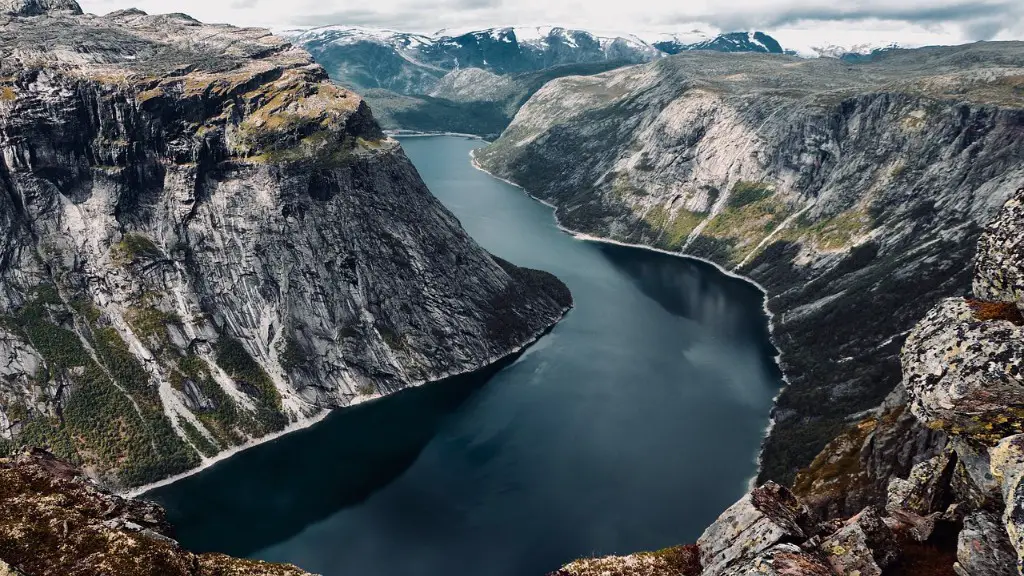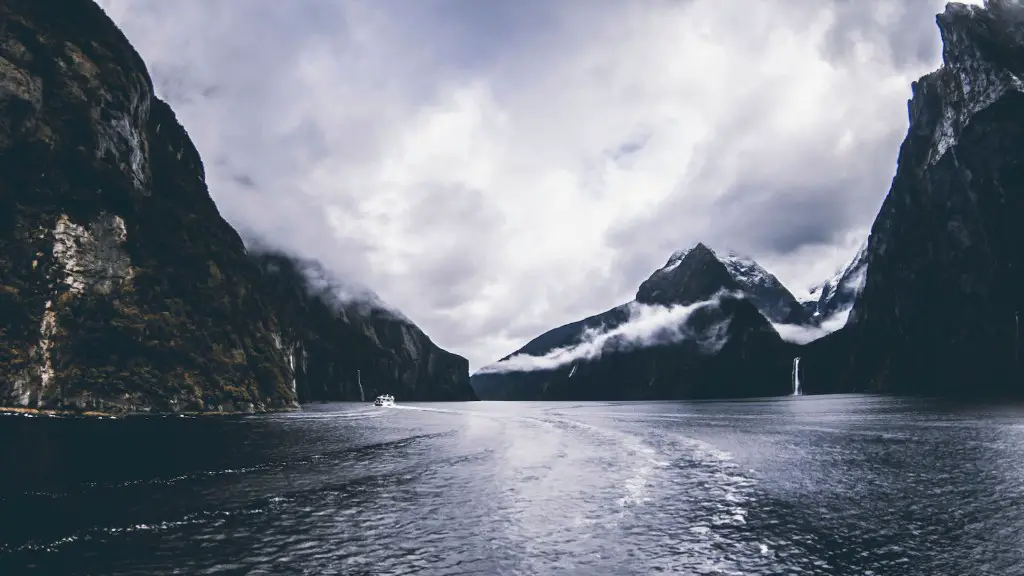States Border Mississippi River
The Mississippi River begins in Minnesota, at Lake Itasca, and then winds its way down through 10 US states before reaching its finish in the Gulf of Mexico. The Mississippi River borders Minnesota, Wisconsin, Iowa, Illinois, Missouri, Kentucky, Tennessee, Arkansas, Mississippi, and Louisiana. Minnesota, Wisconsin and Iowa lie in the uppermost part of the Mississippi River and are the northernmost of the bordering states. Illinois, Missouri, Kentucky, Tennessee, and Arkansas line the middle portion of the river, and Mississippi and Louisiana make up the farthermost southern states.
Mississippi River in U.S. History
Throughout U.S. history, the Mississippi River has played an integral part in the development of the country and its citizens. For centuries, the Mississippi River has helped nourish life, industry, and culture along its shores, while also providing a thoroughfare for goods and transportation. It’s been described as “America’s great natural highway” due to its strategic importance in facilitating trade and commerce. In particular, it was a major player in the rise of the nation’s agricultural industry.
Mississippi River Vibe
Each of the bordering states has a unique flavor and flavor all its own. Mississippi, the namesake of the waterway, has a distinctive culture, full of music and history rooted in its Delta region. Louisiana is home to Creole and Cajun cuisine and culture, making it a popular tourist destination. Then there’s the Midwestern states, like Wisconsin and Iowa, known for their hearty food and their friendly, laid-back cultures. And don’t forget about Minnesota, the headwaters of the legacy Mississippi that is home to 10,000 lakes and plenty of outdoor recreation.
Mississippi River Recreation
Today, the Mississippi River serves a variety of purposes. It’s still a popular site for agricultural activities and commercial activity, as well as recreational activities. In recent years it’s become a popular destination for fishing, boating, and sightseeing. There are also plenty of wonderful state parks located along the river, where campers and hikers can explore the wilderness.
Mississippi River Ecosystem
The Mississippi River is also a haven for wildlife and a fantastic place to observe many species of birds and other animals. As a migratory flyway, the Mississippi River supports a variety of waterfowl and other bird species. Its wetlands and floodplains also play an important ecological role in the U.S. The river also provides a number of rare habitats and has been recognized as a global center of biological diversity.
Mississippi River Conservation
The Mississippi River is widely considered to be one of the most important rivers in the world for environmental and conservation purposes. The river’s rich natural history and diversity have helped to shape the environment in which we live today. In order to protect this invaluable resource for future generations, several conservation organizations have been formed to help protect the river and its ecosystem.
Mississippi River Transportation
The Mississippi River is an essential part of the American transportation infrastructure. It’s been used for shipping goods since the earliest days of the United States, and it continues to be the main hub of river transportation in the US. It’s used to move commodities and over one million tons of goods are transported on the river each year. It’s also a popular leisure boat travel destination, and is used to move people and their recreational vessels.
Mississippi River Waterways
The Mississippi River and its tributaries are connected to a vast network of navigable waterways in the United States. It connects to the Ohio River, the Illinois River, the Kaskaskia River, the Missouri River, and the Arkansas River. These waterways form a water-based transportation network across the country and provide a connection to the Gulf of Mexico.
Mississippi River History
The Mississippi River is a powerful and potent symbol of U.S. history, representing the growth and progress of the nation through its connection to industry, agriculture, and culture. It was the home to the native people of the region for centuries, and it’s a critical component of the American story. Its relevance in the United States extends far beyond its practical uses, and its famous imagery has stayed with us today.
Mississippi River Economics
The Mississippi River also has an important economic impact on the region’s economy. It’s a major part of the region’s shipping and shipping industry, providing thousands of jobs and billions in revenue. It’s also been an important source of drinking water for the region and is home to many of the nation’s most important port cities. The river is also home to several tourist attractions, providing additional economic activity for the region.
Mississippi River Internation Connections
The Mississippi River is an international waterway and a vital source of water to other countries and regions around the world. It is connected to the Missouri and Red Rivers, which flow into the Canadian Prairie Provinces. As a result, it forms a critical connection between the United States and many other countries. In addition, the river’s navigable waters and tributaries provide a means of connecting communities worldwide and bringing goods and services to parts of the world that would otherwise be inaccessible.


